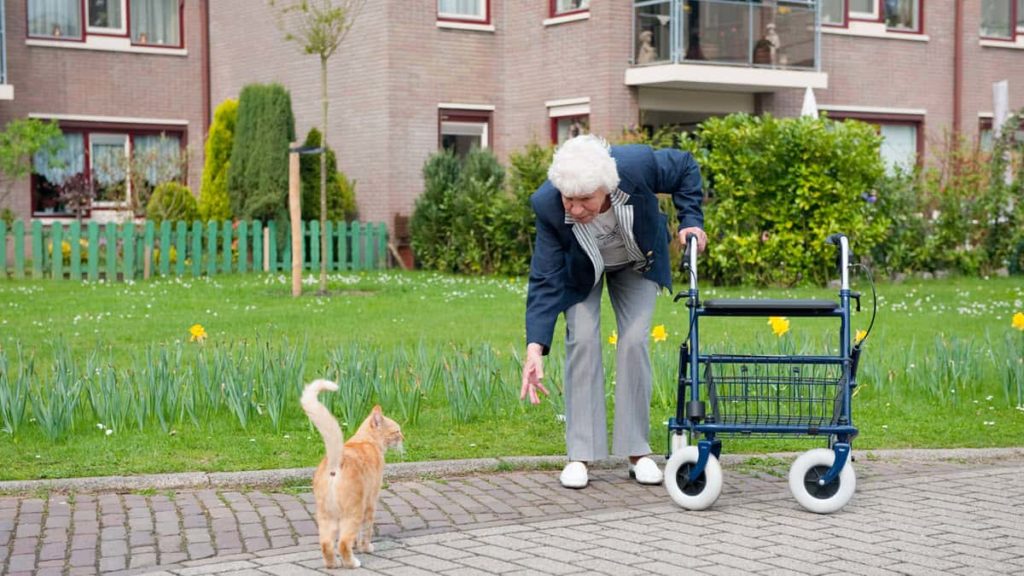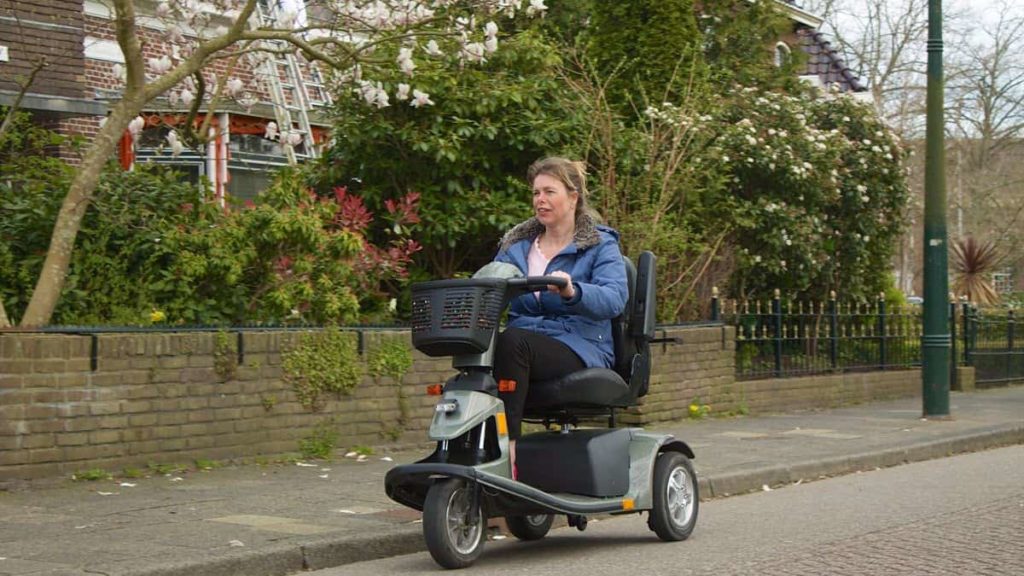Support Groups for Caregivers: Find Comfort, Advice & Hope
Hey there, fellow caregiver. I see you. I know the weight you carry. The exhaustion, the worry, the isolation. It’s a tough gig, this caregiving thing. But here’s the deal: You don’t have to do it alone.
Support groups for caregivers are like a lifeline. A place to vent, to laugh, to cry, to swap stories and advice. A place where people get it, because they’re living it too.
I want to tell you about the magic of these groups. The way they can lift you up, keep you sane, and remind you that you’re not in this boat solo. Ready? Let’s dive in.
Table Of Contents:
- Caregiver Support Groups
- Benefits of Joining a Caregiver Support Group
- Preparing for Your First Caregiver Support Group Meeting
- Making the Most of Your Caregiver Support Group Experience
- Respite Care Services
- FAQs in Relation to Support Groups for Caregivers
- Conclusion
Caregiver Support Groups
Caregiver support groups come in all shapes and sizes. Some meet in person, while others gather online. There are groups for specific conditions, like Alzheimer’s disease, dementia, cancer etc as well as groups for specific demographics such as military personnel and veterans.
In-person Support Groups
In-person support groups provide a chance to connect, share, and feel less alone. Look for in-person support groups via local organizations such as:
- Hospitals
- Disease associations
- Faith Communities
- Senior Centers
- Social Service Agencies
- Eldercare Locator
Online Support Groups
Can’t make it to an in-person meeting? No problem.
There are many caregiver support groups online run via Facebook and online forum communities.
Facebook caregiver support groups
- Dementia Caregivers Support Group
- Memory People
- AARP Family Caregivers Discussion Group
- Caring for Elderly Parents
- Working Daughter
- Caregivers of Narcissistic Family Members
- Caregivers Connect
- The Caregiver Space Community
- Caring for the Caregiver Support Group
Forum and online community support groups for caregivers
- Caregiver Action Network
- Best Programs for Caregiving
- Latino Alzheimer’s and Memory Disorders Alliance (LAMDA)
- Courage to Caregivers
- Military and Veteran Caregiver Network
- Hidden Heros
- Well Spouse
- Family Caregiver Alliance
Peer-Led vs Professional-Led Support Groups
Some support groups are led by fellow caregivers who’ve experienced similar situations and want to support others going through it. These peer-led groups offer a chance to learn from others’ experiences.
Other support groups are facilitated by professionals, like social workers or counselors who can offer valuable guidance and educational resources. They can also help navigate tricky family dynamics or challenging behaviors with expert advice..
Benefits of Joining a Caregiver Support Group

There are so many benefits of support groups for caregivers especially when you are feeling overwhelmed and alone. But what exactly can you gain from joining one of these communities?
- Connecting with other caregivers can reduce your own feelings of frustration, guilt, isolation, grief and loneliness.
- On-hand practical advice and resources regarding treatment options, coping strategies, and advice around situations unique caregivers.
- Better quality of life for you the caregiver, and your loved one
- Empowerment through validation of your experience, gaining knowledge and feeling a sense of control
- Reduce stress, burnout, depression and anxiety by connecting with others and having a safe outlet for expressing your feelings
Having others hold space for you in your experience is the best way to feel validated and empowered. You’ll likely shed a few tears, but also enjoy some much-needed laughs.
Preparing for Your First Caregiver Support Group Meeting

Here’s how to prepare for your first meeting. First, know that it’s totally normal to feel anxious or awkward at first. It takes courage to walk into a room of strangers and open up about your experiences.
Remember that everyone there has likely felt the same way at some point. The group is there to support and welcome you, not judge.
Gathering Information
Before the meeting, gather any relevant information about your caregiving situation.
You might jot down a few notes about your loved one’s condition, your biggest challenges, or questions you have. Having this information handy can help you feel more prepared to share and ask for advice.
Speaking of questions, it’s a great idea to come prepared with a few. What do you hope to learn from the group? What specific challenges are you facing? Having some questions in mind can help you get the most out of the meeting and break the ice with other members.
Being Open-Minded
Finally, approach the meeting with an open mind and heart. You may hear stories or perspectives that differ from your own, and that’s okay. Support groups are a place for diverse experiences and ideas. Listen with empathy and respect, and be open to learning from others.
Making the Most of Your Caregiver Support Group Experience
Congrats, you’ve taken the brave step of joining a caregiver support group.
Now, how can you make the most of this valuable resource? Here are some tips. To get the most out of your support group, aim to participate actively. Share your stories, ask questions, and offer support to others.
The more you put into the group, the more you’ll get out of it. Of course, there may be times when you simply need to listen and soak it all in, and that’s okay too.
Sharing Your Story
Don’t be afraid to open up about your experiences, both the challenges and the triumphs.
Your story is valuable and may resonate with others in powerful ways. Sharing can also be a cathartic release and help you process complex emotions. Trust that the group is a safe, non-judgmental space.
On the flip side, make sure to listen deeply to others’ stories as well. You never know what gems of wisdom or inspiration you may glean. Offer validation, empathy, and encouragement to your fellow caregivers.
Sometimes, simply bearing witness to someone else’s journey can be a profound act of support.
Implementing Advice
When you receive helpful tips or resources from the group, put them into action.
Whether it’s a new communication strategy, a self-care practice, or a community resource, give it a try. Report back to the group about what worked (or didn’t work) for you. Your experiences can help others navigate similar challenges.
Building Relationships
While support groups are not a substitute for close friendships, they can be a wonderful place to build meaningful connections. You may find a few kindred spirits with whom you really click. Exchange contact information and stay in touch between meetings for added support and camaraderie.
Respite Care Services
Caregiving is a 24/7 job, but everyone needs a break sometimes.
Look into respite care services in your area, such as adult day programs, in-home care, or short-term residential care.
Taking regular breaks can help you recharge, avoid burnout, and be a better caregiver in the long run.
Caregiving can take a toll on your emotional well-being. In addition to support groups, consider individual counseling or therapy.
A trained professional can help you process difficult emotions, develop coping strategies, and prioritize self-care. Many therapists even offer virtual sessions for added convenience.
Find your tribe in a caregiver support group that fits your needs, whether it’s online or face-to-face, condition-specific or general. Share stories, get practical advice, and learn coping strategies to ease the caregiving journey.
FAQs in Relation to Support Groups for Caregivers
What is caregiver syndrome?
Caregiver syndrome hits when stress from long-term care of a loved one leads to physical and emotional drain.
What are the symptoms of caregiver trauma?
Symptoms include anxiety, depression, irritability, feeling overwhelmed, and even developing health issues due to stress.
What does caregiver burnout look like?
Burnout looks like exhaustion, loss of interest in activities once enjoyed, and often detachment from the person being cared for.
How do I find a local support group?
To find a local group, check with hospitals or community centers. Websites for caregiving organizations also list nearby options.
Conclusion
Listen, I know support groups for caregivers might sound a little touchy-feely. A little “kumbaya.” But trust me, they’re a game-changer.
These groups are where you find your people. The ones who understand the unique challenges, the emotional rollercoaster, the daily grind of caregiving. They’re where you find practical tips, resources, and a shoulder to lean on.
So don’t tough it out alone. Find a caregiver support group that fits your style and needs. Online, in-person, condition-specific – there’s a group out there for you.
And when you find your tribe? Magic happens. You feel seen, heard, supported. You gain a whole new perspective and a toolbox of coping strategies. You realize that you’re part of a community, not an island.
Caregiver support groups aren’t just a nice-to-have. They’re a lifeline. A sanity-saver. A reminder that even in the toughest times, you’re not alone.
So go on, give one a try. I think you’ll be amazed at the difference it makes. In your caregiving journey, and in your life.
Jill believes that life just keeps getting better as she gets older. She believes everyone can live a full life of endless possibilities, with the right mindset, a healthy diet and with exercise.






